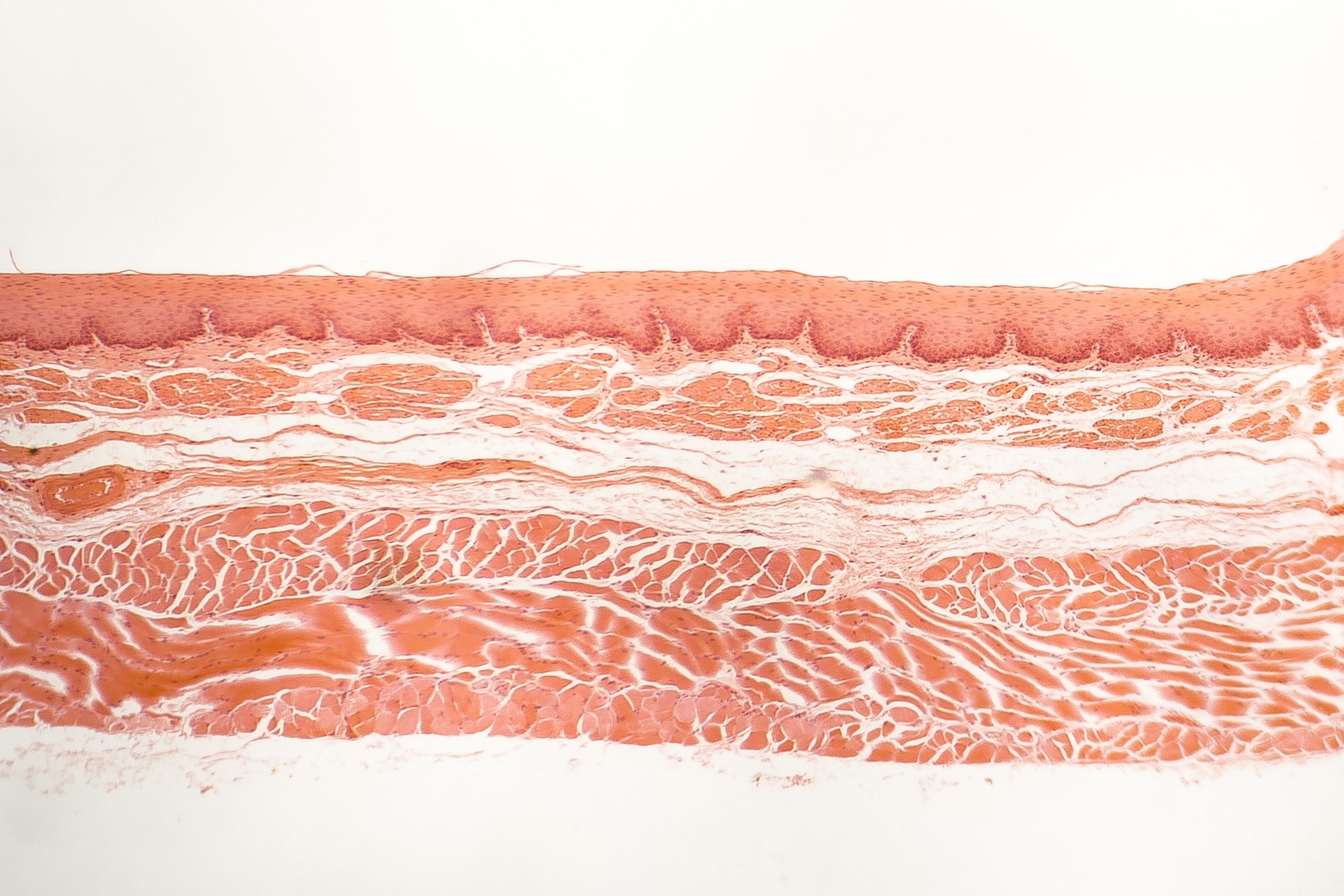NOVA-II Study Completes Analysis of Treatment for Cancer Therapy-Induced Skin Toxicities
The phase 2 NOVA-II study has completed its part 1 analysis of OQL011 for the treatment of cancer therapy-induced skin toxicities.

Part 1 of the phase 2 NOVA-II trial of OQL011 as a topical treatment for patients with cancer therapy-induced skin toxicities, is complete, according to a press release from OnQuality Pharmaceuticals.
The study was designed to address the adverse events (AEs) caused by cancer treatment and improve the quality of life for patients. Hand-foot skin reaction (HFSR) is a common AE resulting from treatment with VEGFR inhibitors. In the study, OQL011 was tested against a vehicle ointment to determine its safety and efficacy for treating moderate-to-severe VEGFR inhibitor-associated HFSR.
"We are pleased with the completion of the first part of the study, which is an important milestone for the company," said Hong Tang, MD, chief medical officer and co-founder of OnQuality Pharmaceuticals. "The study further validates the unmet need for innovative new approaches to cancer supportive care. We remain focused on analyzing the data and look forward to sharing them soon."
In total, 112 patients were enrolled in the multicenter, randomized, double-blinded, placebo-controlled, dose-ranging study (NCT04088318). The primary end point of the study was the proportion of patients who get down to grade 0 or 1 palmar-plantar erythrodysesthesia, according to the National Cancer Institute’s Common Terminology Criteria for Adverse Events (CTCAE) version 5.0 within 3 weeks. The secondary end points included the proportion of patients who have an improvement in HFSR severity, the proportion of patients who achieve grade 0 or 1 palmar-plantar erythrodysesthesia within 6 weeks, change from baseline in patient-reported pain, safety, and pharmacokinetics.
To be included in the study, patients aged 18 years or older must have a confirmed diagnosis of cancer and be receiving VEGFR inhibitor therapy. All patients must also show signs of HFSR for grade 2 or higher and have an ECOG performance status of 2 or lower. Those receiving pain medication were required to be on a stable dose and continue at the same dose throughout the study. All patients are also required to be able to use topical medications.
The study excluded unresolved hand or foot skin disorders caused by other medication within 4 weeks of the study as well as those using other topical medication in the hands and feet area, those who received concurrent cancer medications that may cause hand-foot syndrome, for example, capecitabine, pegylated liposomal doxorubicin, 5-fluorouracil, dabrafenib (Mekinist), vemurafenib (Zelboraf), doxorubicin, docetaxel, cytarabine, ramucirumab (Cyramza), and bevacizumab (Avastin).
Individuals with uncontrolled intercurrent illnesses such as, inadequately controlled nausea, vomiting, diarrhea, or other conditions which may contribute to hypovolemia, ongoing or active infection, symptomatic congestive heart failure, unstable angina pectoris, recent myocardial infarction, uncontrolled hypotension or hypertension, cardiac arrhythmia, or psychiatric illness were also excluded from the study as were patients with other comorbidities that may have interfered with study treatment.
Analysis of the data from part 1 will be completed prior to the initiation of part 2. Results from part 1 will be presented at an upcoming medical conference. To complete the study, patients with cancer who have moderate to severe HFSR are being recruited at 13 treatment sites in the United States.
Reference:
OnQuality Pharmaceuticals announces completion of Part 1 of NOVA-II trial. New release. OnQuality Pharmaceuticals. September 7, 2021. Accessed September 7, 2021. https://prn.to/3l7w8BA